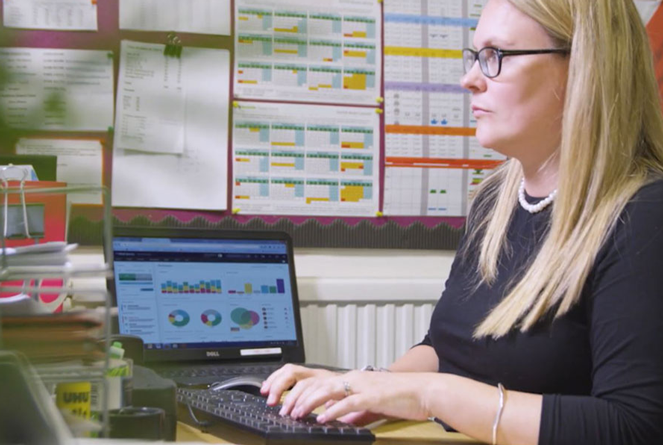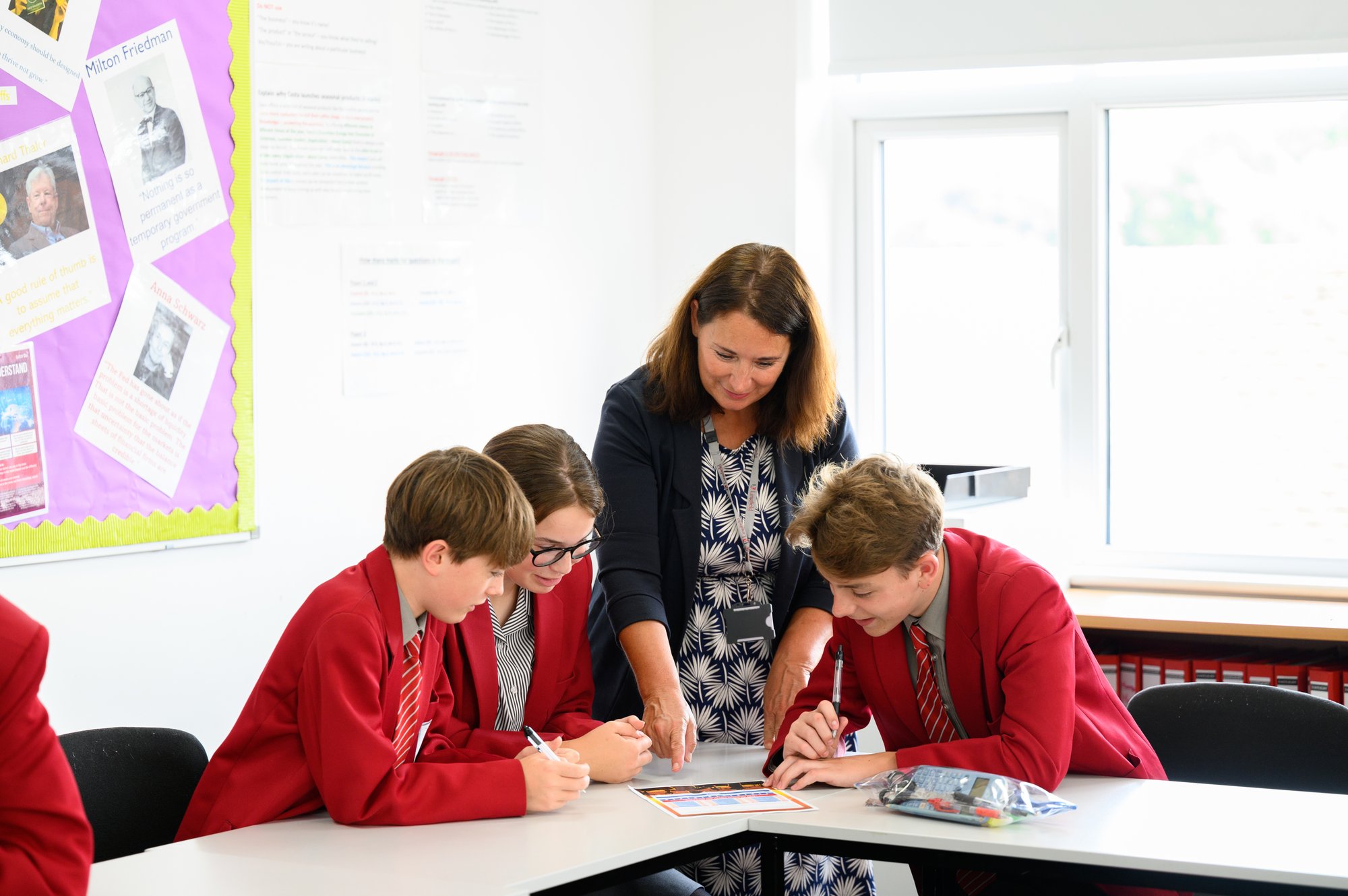Primary Assessment – Summer 22
Against a backdrop of lockdowns, ongoing disruption due to high staff and pupil absence rates, and concerns about the long-term impact of lost learning, the end of key stage primary assessments returns this summer.
In discussions with subject leaders, writing is frequently cited as causing the most significant concern, and this is backed up by several reports (take a look at the Juniper National Dataset report) into the impact of lockdown in which progress in writing appears to be the area most impacted by COVID-19.
In this blog, we explore some of the gaps that may impact assessment outcomes and examine practical ways to address them.

What is included in the teacher assessment framework for key stage 1?
Many English Subject Leaders report that younger pupils, in particular, did very little writing during the lockdowns. They identified spelling, handwriting and punctuation as areas where minimal progress has been made.
Spelling
Once pupils fall behind in spelling, it is difficult to get them back on track, so it is important to address issues as soon as possible.
- Identify the cause of the difficulty: What is the causing the problem? Is it spelling the common exception words, segmenting and recording phonemes or applying rules such as doubling the final consonant before adding a vowel suffix? Once the type of error has been identified, further input becomes the focus.
- Partner spelling test: Give pairs/groups of pupils a group of words they have been working on. One pupil picks up a card and reads the word without showing it to the rest of the group and then places it, word down, on the table. Everyone writes the word and checks it against the correct version. If correct, pupils who didn’t see the word score 2 points, the reader scores one. A different pupil then takes the next word from the pack, and the process is repeated.
- Ensure displays, working walls, word books etc. provide key vocabulary and teach/encourage pupils to use them: Expect words displayed around the room or written on the whiteboard to be spelt correctly. Give pupils personalised bookmarks with shortlists of words they have difficulty with. These serve as a prompt for words to work on but a resource for pupils to use to check their spelling.
Handwriting
Bad habits quickly become embedded, so repeated work on correct letter formation and, when appropriate, letter joins is essential:
- Ensure time is set aside for teaching and practising handwriting: Model letter formation and joins. Focus on the letters used most commonly in our language and common letter combinations for joining, such as ing, at, on.
- Ask pupils to write a short text in their ‘best’ handwriting: Keep it in the front of their books to remind them what all their work should look like.
- Work on core strength and motor control (gross and fine) in PE and other curriculum areas.
Punctuation
The correct demarcation of sentences using capital letters and full stops is essential if pupils are to reach the expected level.
- Share texts where punctuation is missing and decide what is needed and where it should go.
- Ask pupils to read their work aloud to identify where the natural pauses occur – then determine what punctuation is required.
- If pupils are struggling with the concept of ‘sentence’ read a text together, take it in turns to read a sentence at a time and/or sort clauses into a sentence and not a sentence.

What is included in the teacher assessment framework for Key Stage 2?
In KS2, stamina for writing is a particular cause for concern, along with vocabulary and punctuation.
Stamina for writing
To develop their stamina, pupils need to write regularly. Try some of these starter activities to get pupils writing at the start of a lesson, gradually building up the time allotted:
- Prompt jar: Pupils write a topic or sentence starter on a slip of paper. Place these in a jar, and, each session, someone takes two out and shares them with the class. Pupils choose one topic and write as much about it within the given time.
- Lists: Red things, words beginning with t, fruits, what you saw on your way to school, synonyms for big, an animal starting with each letter of the alphabet. We can write lists about all sorts of things, so it is an excellent way of getting children to put pen to paper in a timed task.
- Just a Minute: Can they write for one minute without hesitating, deviating or repeating themselves? This could be linked to the prompt jar above.
Vocabulary
Research tells us that vocabulary is key to academic success across the curriculum. To achieve expected or greater depth in writing, pupils need to demonstrate effective and powerful word choices. To build vocabulary:
- Read to the pupils daily: Read from various challenging fiction and nonfiction texts and poetry. Explore new words which are encountered.
- Why use 2 when 1 will do?: Present the pupils with pairs of words such as walked slowly, bright red, young boy, talked quickly. Can they replace the two words with one, for example, ambled, scarlet, lad, gabbled?
- Word Webs: Start with a prefix such as tele. How many words do they know that start with the prefix? Do any of them lead into other common morphemes, for example; telegraph could lead to calligraphy, grapheme?
Punctuation
By Y6, we hope that, at the very least, basic punctuation is in place, but, unfortunately, that is not always the case:
- Recognise that, for some pupils, it may be wiser to consolidate basic sentence punctuation and punctuation for speech rather than spend a lot of time on the higher-level punctuation. However, it is good for them to have some exposure to it.
- If pupils are struggling, don’t confuse them by teaching all of the different uses of colons, semi-colons etc., at once. Focus on one at a time, for example, a colon to separate a character from what they say in a play script, a semi-colon in more complex lists
- Teach pupils to proofread to check their punctuation. If sentence demarcation is a problem, reading aloud can help identify where the natural pauses occur.
One final suggestion
Much has been written about the negative impact of COVID-19 on pupils’ attainment and progress but let’s do all we can to be positive in our approach to upcoming key stage assessments. We should prepare pupils as thoroughly as possible but without putting them under undue pressure – they have had more than enough to cope with over the past two years. Let’s celebrate who they are and what they have achieved, regardless of any dips in our data!


/Primary%20school%20.jpg?width=2000&name=Primary%20school%20.jpg)








.png?width=940&height=788&name=Lingfield%20College%20Case%20Study%20(5).png)
-1.png?width=1000&height=833&name=National%20Association%20of%20Head%20Teachers%20(3)-1.png)
-3.png?width=1080&height=1080&name=Untitled%20design%20(10)-3.png)







